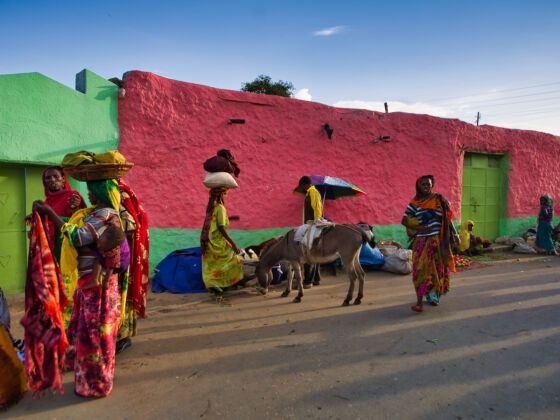I wake up to the sound of a women screaming in sexual climax.
Unfortunately, she’s not in my room, but rather, in the room next to mine, although with the cardboard walls she may as well be lying in my bed. A cockroach runs across the floor. It’s 6am.
